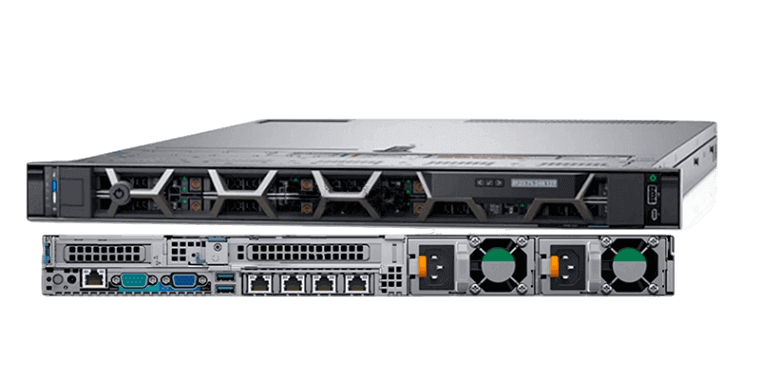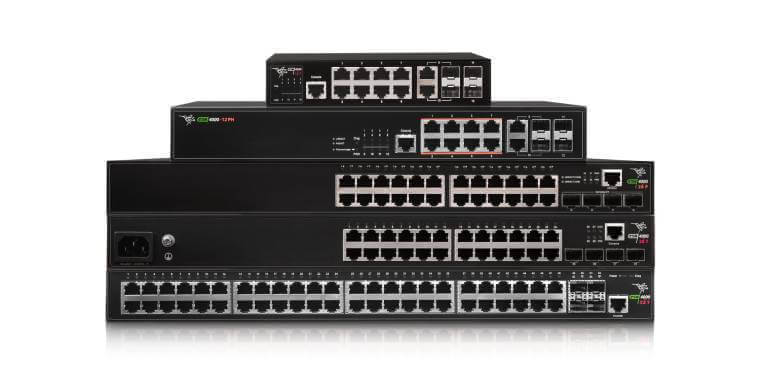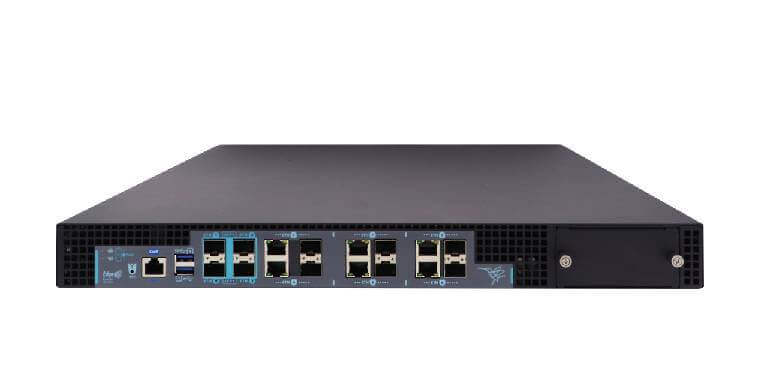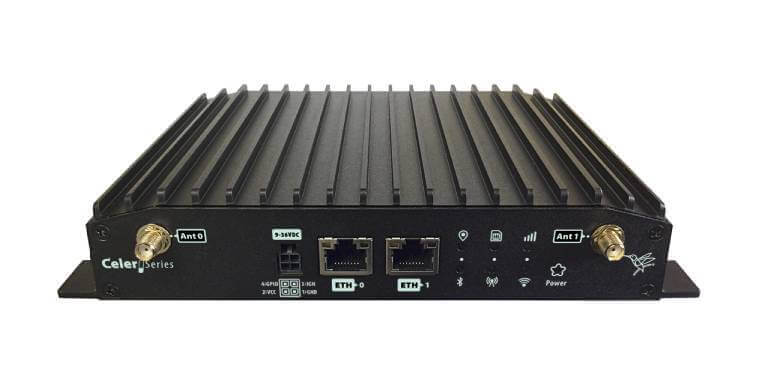 Very rarely do leading technology companies and professionals get the chance to see how societal changes impact the core of our business. In this sense, we cannot help but notice how our connectivity paradigms mirror the human sphere of our society. Trends in technology are often influenced by the changes that shape our world and social environment. Here, I would like to take a moment to talk about the late philosopher and sociologist Zygmunt Bauman, who coined the term “liquid modernity” to describe our ever-changing society (characterized by globalization, individualism, and communication and information technologies).
Very rarely do leading technology companies and professionals get the chance to see how societal changes impact the core of our business. In this sense, we cannot help but notice how our connectivity paradigms mirror the human sphere of our society. Trends in technology are often influenced by the changes that shape our world and social environment. Here, I would like to take a moment to talk about the late philosopher and sociologist Zygmunt Bauman, who coined the term “liquid modernity” to describe our ever-changing society (characterized by globalization, individualism, and communication and information technologies).
According to Bauman, these trends have largely replaced the ideologies and cohabitation arrangements that were in place up until the second half of the last century. In his opinion, the solid structures that (until recently) were responsible for shaping society have been replaced by elements that are much more “fluid”. As a result, what really matters now is to build a flexible and versatile identity that allows us to adapt to daily mutations and constant variations in our lives.
The first similarity between societal trends and technology can be found in the leap towards cloud services. This phenomenon has become unstoppable and is turning technology into a “liquid” reality, helping it gain traction. In this context, where everything can be interpreted as a potential service, all information technology providers offer cloud-based solutions (despite focusing in areas as diverse as applications and infrastructures). Some options rely on pay-as-you-go models, while others offer remote assistance and provisioning. The pull is such that telecommunication companies that have traditionally opted for physical devices are now investing in software-based solutions of an ubiquitous nature.
Corporate connectivity solutions have undergone a significant transformation and carriers are being increasingly approached by customers that ask for flexible and versatile connectivity solutions, such as software-defined networks – SDN and 5G technologies. This, in turn, encourages customers to place value and rely on IoT or SD-WAN alternatives. If current use trends are anything to go by, the growth of these technologies and of network traffic in the coming years is likely to be significant.
Developing and offering innovative, reliable, and customized solutions, which give corporations the chance to react quickly and embrace new paradigms, is a very interesting challenge for Teldat and for those of us who work in the telecommunications sector.


























